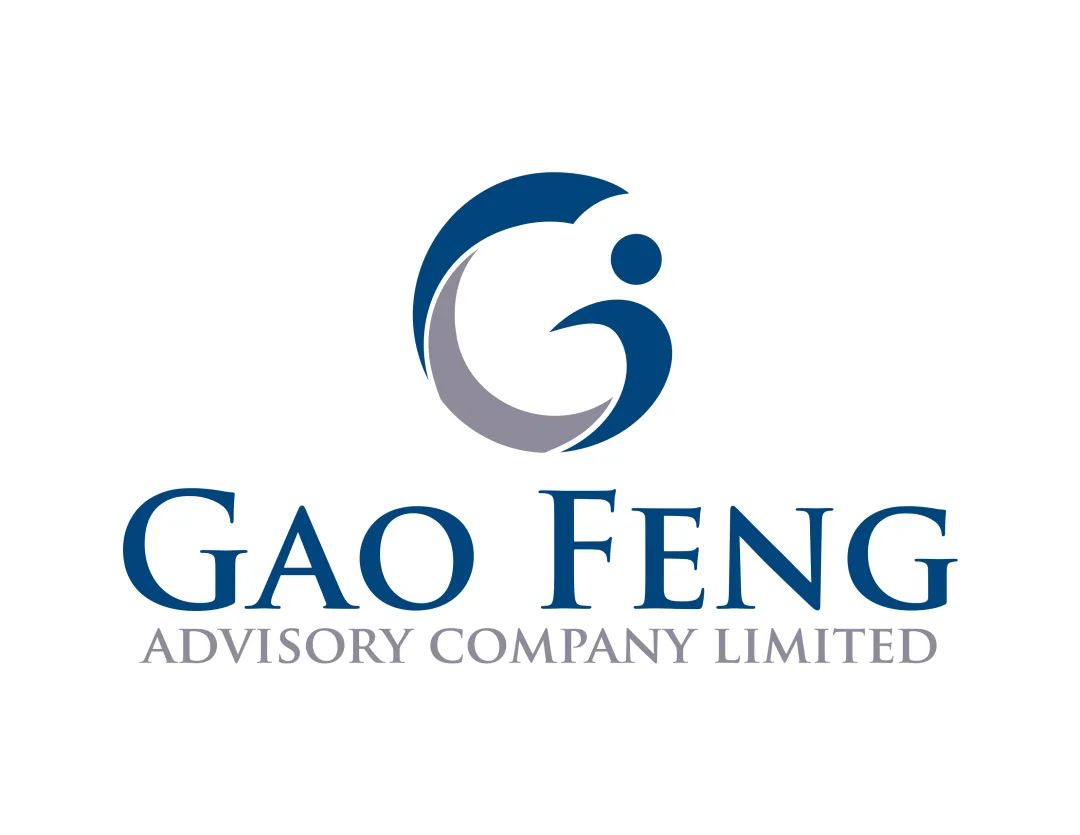GF Viewpoint | How China's Innovations Will Continue to Progress?

By Edward Tse
November 2021
A recent Gao Feng Advisory Viewpoint authored by CEO Dr. Tse.
In the Spring 2021 issue of MIT Sloan Management Review, Oxford University Professor Carl Benedikt Frey published an article titled “How Culture Gives the US an Innovation Edge Over China.” [1] He suggested that, “collectivist societies do have an advantage in large-scale production and commercialization due to workers’ willingness to comply…but discouraging deviant behavior has the unfortunate side effect of squelching creativity” and concluded that “the same conformist cultural traits that facilitate mass production [for China] can make progress through innovation difficult, which some have termed the obedience trap.”
Is he right?
China began its reform and opening up under Deng Xiaoping in the early 1980’s. While retaining the key features of its state planning system, Deng began to experiment with some elements of a market economy, including bringing back entrepreneurship.
While the central government continues to steer the economy and maintain development at a sustainable pace, the private sector too has become very significant. Chinese entrepreneurs played a major role in bringing to fruition the 2014 central government’s policy on encouraging mass entrepreneurship and innovation.
Local governments often act as bridges between the central government and entrepreneurs. Leading local governments and incubation support to follow the national level directives and frequently provide funding for businesses.
In addition, in its dual economic structure, both state-owned enterprises (SOEs) and privately-owned enterprises (POEs) co-exist. While they may have conflicts at times, they also have a rather symbiotic relationship.
SOEs provide public goods and services like infrastructure, and they do not only focus on narrow economic viability but for enhancement of people’s utility. The best example is the high-speed railway network. Some call this a “whole-of-nation approach” (举国体制) to mobilize resources from across the country. Entrepreneurs are encouraged to succeed against a certain state-driven rules-based order.
In his centenary speech on July 1st, President Xi Jinping mentioned nine times, “…put conscious effort into learning from history to create a bright future…” (以史为鉴、开创未来). He also said, “We must continue to adapt the basic tenets of Marxism to China’s specific realities and its fine traditional culture.”
This epitomizes how China is searching for its own brand of modernity. It adheres to the principles of socialism and embraces the dynamism of a market economy. Focused on the “great rejuvenation of the Chinese nation,” it advocates a “shared destiny for the humankind.” The long held belief of “yin and yang”, the absorption of foreign thoughts like Buddhism into multiple strands of traditional (Han-originated) Chinese thinking such as Confucianism, Daoism and Mohism, as well as the sense of “oneness”(“大一统”), has shaped Chinese civilization for over a thousand years.
This coupled with the purpose and governance system of China has created an approach that addresses the multiple dimensions in its search for modernity, reassuring that China will continue to navigate forward in an inclusive manner and grow socially, economically and politically.
Frey’s “Obedience Trap” cannot explain why China’s innovation has made so much progress. By exercising a governance approach which includes both collectivist and individualistic elements, China’s innovation has significantly manifested in a couple of decades. The functioning of this approach will require adjustments along the way, paving the way for more innovation to come in the future.
Reference:
1. Frey, C.B. (2021, February 8). How Culture Gives the US an Innovation Edge Over China. MIT Solan Management Review. Retrieved from https://sloanreview.mit.edu/article/how-culture-gives-the-us-an-innovation-edge-over-china/
About the Author
Dr. Edward Tse is founder and CEO, Gao Feng Advisory Company, a founding Governor of Hong Kong Institution for International Finance, Adjunct Professor of School of Business Administration at Chinese University of Hong Kong and Professor of Managerial Practice at Cheung Kong Graduate School of Business. He started his strategy consulting career at McKinsey’s San Francisco office in 1988 before returning to Greater China in the early 1990’s. He became one of the pioneers in China’s management consulting industry, by building and running the Greater China operations of two leading international management consulting firms (BCG and Booz) for a period of 20 years. He has consulted to hundreds of companies, investors, start-ups, and public-sector organizations (both headquartered in and outside of China) on all critical aspects of business in China and China for the world. He also consulted to a number of Chinese local governments on strategies, state-owned enterprise reform and Chinese companies going overseas, as well as to the World Bank and the Asian Development Bank. He is the author of several hundred articles and five books including both award-winning The China Strategy (2010) and China’s Disruptors (2015), as well as 《竞争新边界》 (The New Frontier of Competition), which was co-authored with Yu Huang (2020).


Gao Feng Advisory
Gao Feng Advisory Company is a professional strategy and management consulting firm with roots in China coupled with global vision, capabilities, and a broad resources network
Wechat Official Account:Gaofengadv
Shanghai Office
Tel: +86 021-63339611
Fax: +86 021-63267808
Hong Kong Office
Tel: +852 39598856
Fax: +852 25883499
Beijing Office
Tel: +86 010-84418422
Fax: +86 010-84418423
E-Mail: info@gaofengadv.com
Website: www.gaofengadv.com
Weibo: 高风咨询公司
